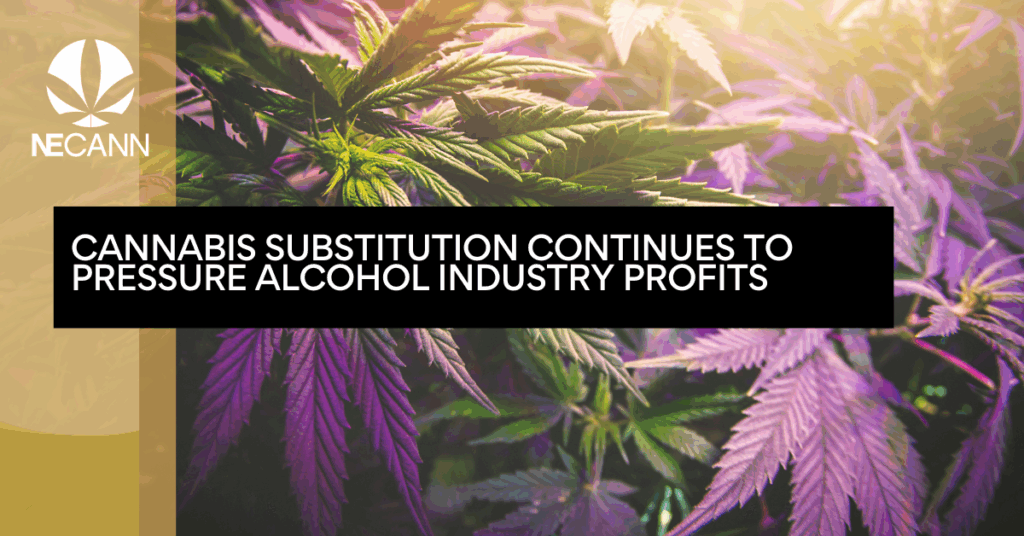The rising popularity of cannabis as a substitute for alcohol is putting increasing pressure on the spirits industry, according to Brown-Forman Corporation CEO Lawson Whiting, who cited the trend as one of the top three factors behind the company’s 5% decline in net sales.
During an earnings call, Whiting noted that generational shifts, weight-loss drugs, and cannabis consumption are reshaping the market for traditional alcoholic beverages, impacting iconic brands like Jack Daniel’s and Woodford Reserve.
“We’ve been saying that for a year and a half now,” Whiting stated. “We’d be naive if we didn’t say that there isn’t some pressure coming from those [factors].”
Whiting added that while Europe is seeing similar sales trends, the cannabis factor isn’t present there yet due to limited legalization compared to the U.S.
A Nationwide Shift in Consumption
Brown-Forman’s report follows a growing body of research and surveys showing Americans are replacing alcohol with cannabis in increasing numbers. A Gallup poll found that more adults now use cannabis daily than drink alcohol. A Bloomberg Intelligence survey predicted that marijuana sales could hit $37 billion by 2027, while alcohol could lose millions of consumers.
Studies also show that cannabis is being used as a substitute not just for alcohol, but for cigarettes, opioids, and other more harmful substances. In Canada, where cannabis is federally legal, legalization has been directly linked to a decline in beer sales—an effect now mirrored in the U.S.
Public Perception Is Changing
Surveys by organizations such as YouGov, the American Psychiatric Association, and the National Institute on Drug Abuse (NIDA) all report that Americans consider marijuana to be less harmful and less addictive than alcohol, tobacco, or opioids.
This cultural and economic shift is forcing traditional alcohol companies to rethink their strategies in an evolving marketplace.
“If we want to support our industry… adding more costs makes absolutely no sense,” Whiting said, calling for innovation and agility to respond to changing consumer habits.
As cannabis legalization continues to expand and perceptions evolve, the line between “drinking” and “consuming” is blurring—leaving the alcohol industry to navigate a future where cannabis is not just a competitor, but a consumer preference.
Stay informed with daily updates on cannabis business news by subscribing to our newsletter.



